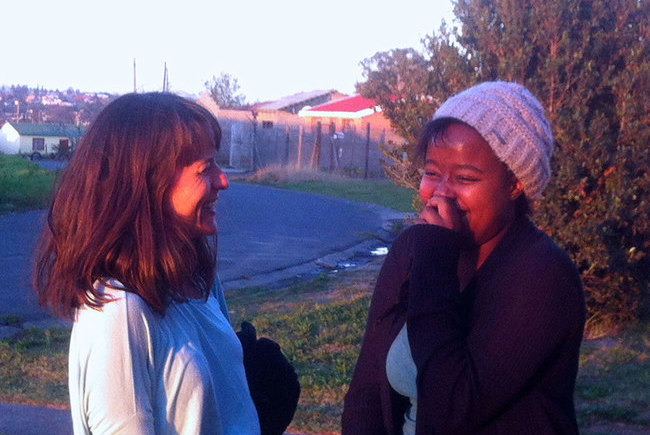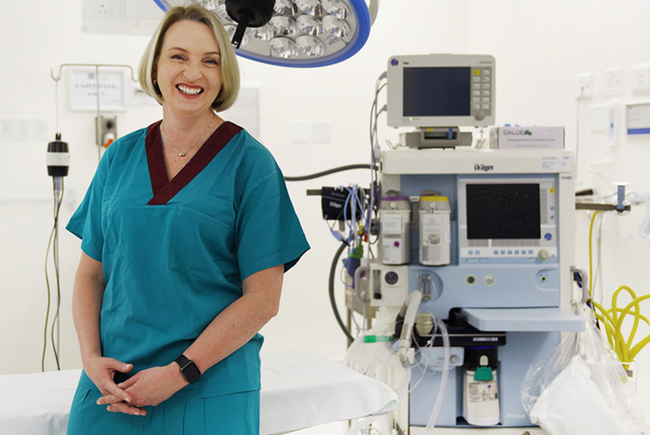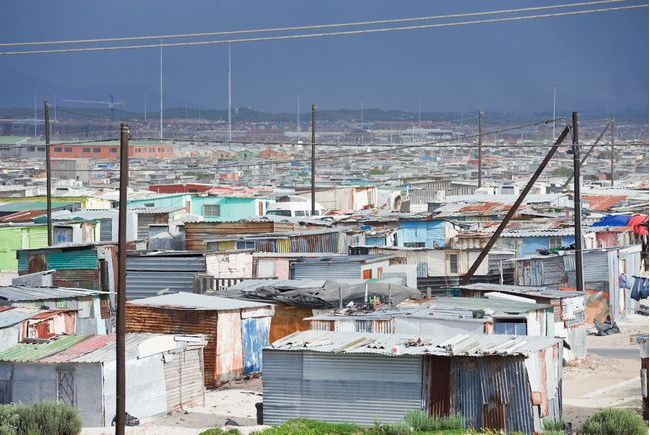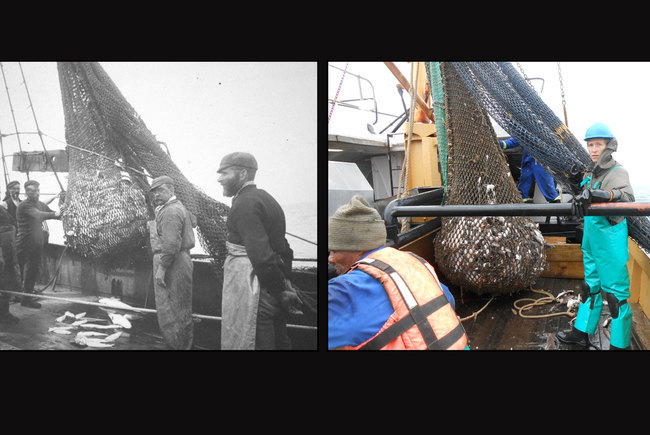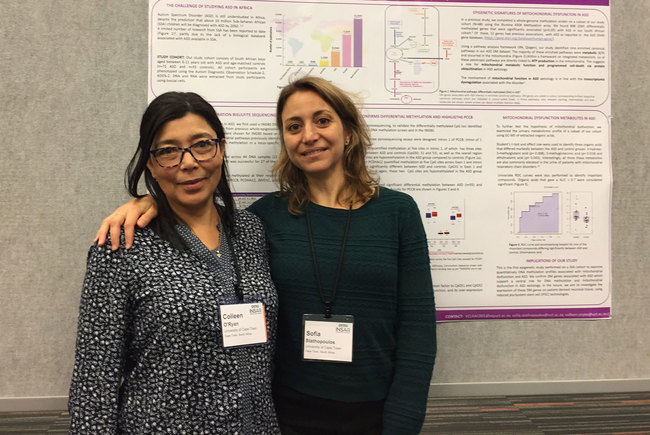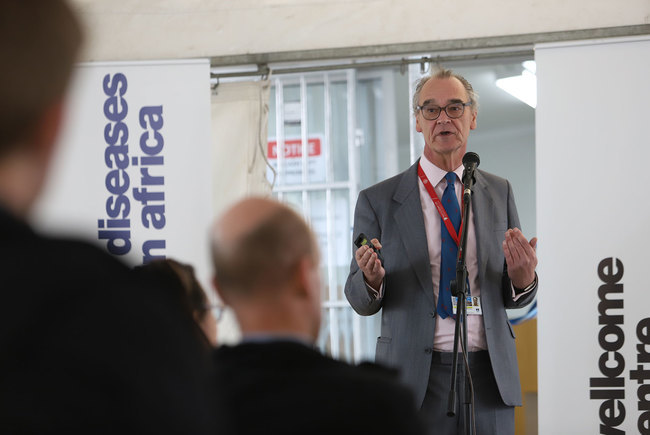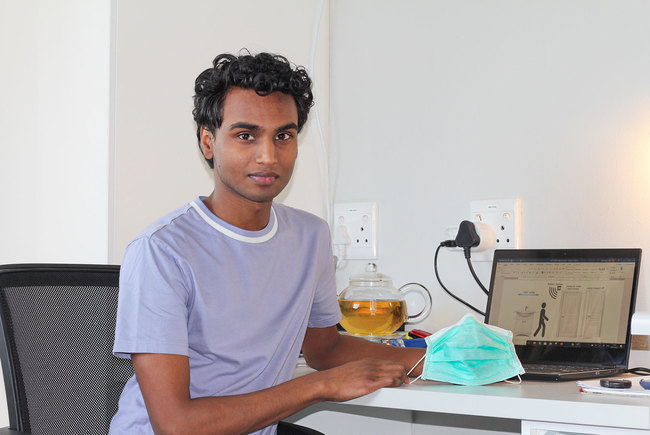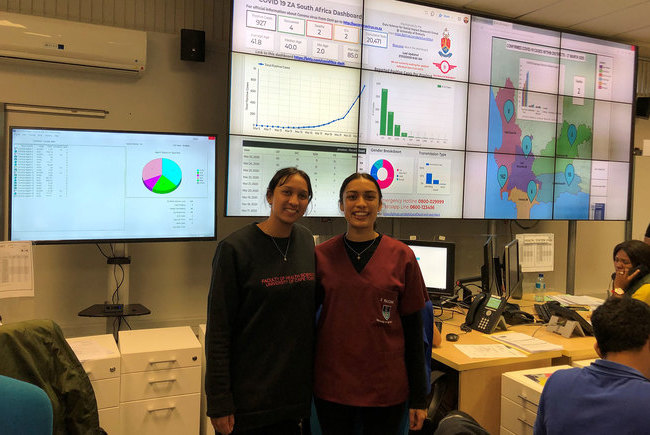UCT to be a net-zero-water campus by 2050
09 September 2020 | Story Carla Bernardo. Read time 10 min.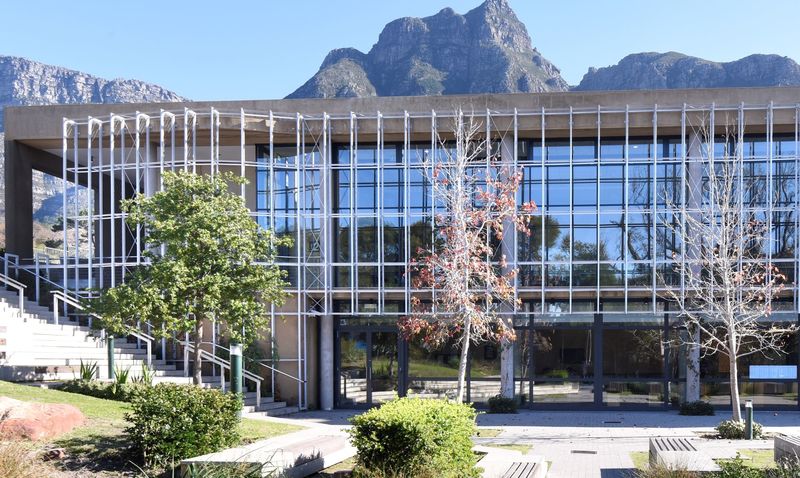
The University of Cape Town (UCT) is committed to sustainable water management and aspires to be an internationally recognised community of water-wise individuals who are committed to creating a net-zero-water campus by 2050.
The UCT Sustainable Water Management Strategy is evidence of this commitment and supports UCT’s Vision 2030, which has a key focus on sustainability. The strategy was commissioned by the university in response to the transdisciplinary, collaborative and impact-driven research by its Future Water Institute on the implementation of water-sensitive design principles – considering the recent drought that affected Cape Town.
“In 2017 and 2018 we came very close to running out of water … It shook the city of Cape Town and UCT.”
“In 2017 and 2018 we came very close to running out of water. This was a terrifying thought, something we could not have imagined would happen. It shook the city of Cape Town and UCT, but at the same time we learnt a lot more about water and how we can save this very precious resource,” said Manfred Braune, UCT’s director of environmental sustainability.
Braune, who led the development of the strategy, added that going forward, “We want our relationship with water to change; we want to treat it as the precious resource that it is and reorganise ourselves and our infrastructure to do so.”
The strategy was developed through a collaborative process, with the assistance of Zutari (formerly Aurecon), a consulting engineering firm with years of experience in water-related engineering and projects. The strategy was recently presented to numerous university stakeholders and remains open for input from the campus community.
Its primary objectives are to:
- reduce UCT’s overall demand and dependence on municipal water supply and waste-water treatment
- maintain business continuity during periods of unprecedented low rainfall and water restrictions
- reduce the overall spend on water through appropriate investments
- provide a diverse, resilient and sustainable combination of water resources
- mitigate UCT’s overall impact of run-off on downstream water quality.
This strategy also answers the City of Cape Town’s call for all individuals to be custodians of water as a finite resource.
Commitments 1 and 2
The strategy is centred around five core commitments. The first is to “Know our water” and is the foundation of the strategy.
Braune explained that “you can’t manage what you don’t measure” and “you can’t measure it if you don’t know where the pipe network runs to”. Therefore, this involves consolidating infrastructure records and installing additional smart water meters to obtain an improved understanding of water use across UCT.
Thereafter, the university commits to monitoring how water is being used, how much water is being lost to leaks, and demand fluctuations at a building level. These are required to better inform and direct social or infrastructure interventions.
The second commitment is to “Ensure business continuity”.
Failing to maintain business continuity during a drought or supply disruption would severely impact academic activity. Therefore, the interventions proposed in the strategy will enable UCT to continue to operate during periods of water scarcity and will build capacity to withstand future droughts that are likely to occur in the province.
Commitments 3, 4 and 5
The third commitment is to “Become water net zero by 2050”.
In terms of the strategy, net zero water is when the water demand met from municipal supply equals the water demand met from alternative supply options, such as rainwater harvesting, when measured over a period of one year.
Transitioning to a net-zero-water university will further reduce the volume of waste water and storm water discharged from UCT’s campuses, which will in turn have numerous environmental benefits.
In line with this objective, UCT commits to becoming a net-zero-water institution by 2050. This will be achieved through progressively implementing new, innovative systems and alternative water supply options that are based on sound technical advice and informed by reliable data.

The fourth commitment is to “Be a water-wise community”.
UCT commits to inform, empower and educate the campus community to better utilise water as a finite and vulnerable resource, essential to sustain life, development and the environment.
Further, UCT commits to ensuring its leaders at all levels are engaged, aware of how water is being used and trusted with its stewardship throughout the university. UCT will draw on its wealth of transdisciplinary skills to achieve this.
A key component of this commitment will be the development of UCT as a living lab. This will involve the latest thinking and hands-on research in support of implementing concepts like sustainable drainage systems, which will be demonstrated through live capital projects on campus.
The final commitment is to “Become a water-sensitive campus” and is in line with Cape Town’s Water Strategy.
As one of Cape Town’s largest single water users, UCT commits to supporting the City’s strategy by becoming a water-sensitive campus that optimises and integrates the management of water resources to improve resilience, business continuity and liveability for staff and students at UCT.
Action plan
The action plan outlines the specific interventions needed to address each of the five commitments and assumes a 30-year planning horizon to achieve the vision of a net-zero-water campus.
It also involves a combination of infrastructure upgrades, operational optimisations and community awareness programmes. This will require significant resources and will take several years before the benefits are fully realised.
Steps towards the plan’s realisation have been advanced through R70 million in funding received from the Department of Higher Education and Training and an additional R10 million from the university. The department funding is targeted particularly at the implementation of water-saving projects in student housing facilities where water consumption is the highest.
The budget also covers the establishment of the overarching strategy and a few critical enabling projects. The strategy and its successful implementation will require that UCT puts in place various projects and operational procedures outside of this budget.
A wide range of possible interventions was identified and evaluated in terms of potential water savings, ease of implementation and expected return on investment. These include campus-wide initiatives and targeted interventions for individual buildings.
The approach to sequencing projects is premised on reducing water demand, reusing available water and considering potential augmentation. The investment required for each of these categories is shown below.
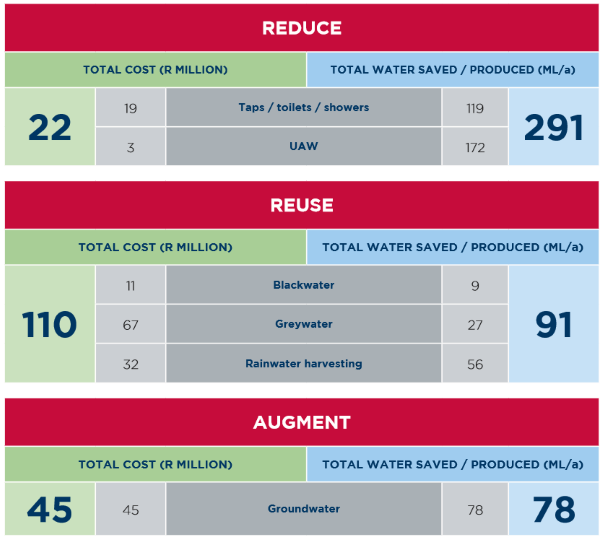
The enabling projects are required to ensure efficient and sustainable operations, to ensure business continuity and to inform the design of subsequent infrastructure. The proposed implementation plan, which specifies the committed interventions for the next five years and potential interventions thereafter, are summarised below.

To achieve this, the estimated committed annual investment in implementing water-saving measures will be R70 million for the next five years and will result in total estimated direct savings of more than R62 million over this period and R21 million annually thereafter.
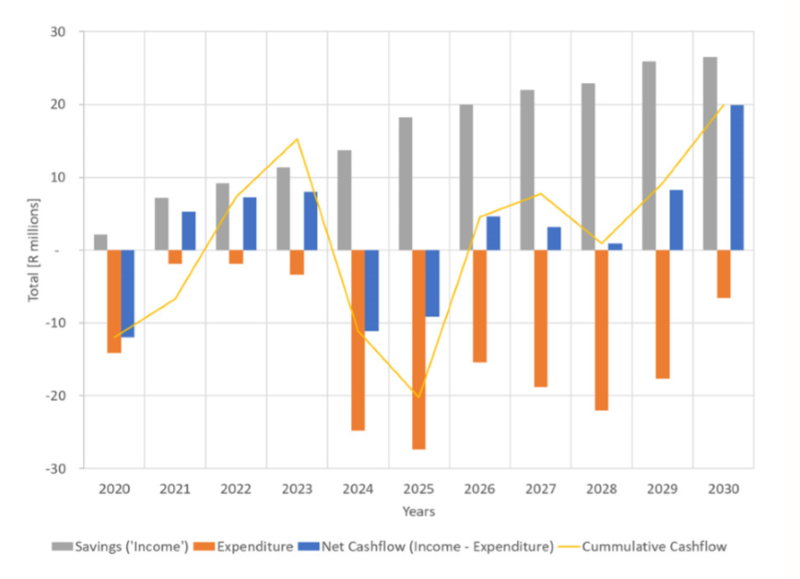
After five years the strategy and implementation plan will be reviewed and adapted where needed. Thereafter, it will be a living document that will be reviewed and updated regularly. This will ensure that the strategy remains current and adapts to risks, the changing environment, legislation, climate change and shifts in responsibilities.
Braune said that this will enable UCT to respond proactively to the various challenges relating to water management while also ensuring business continuity.
The Future Water Institute’s interim director, Dr Kirsty Carden, said that they were committed to supporting the roll-out of the strategy.
“We acknowledge the need for a sustainable water management approach on campus – not only in terms of building resilience to future water-related risks at UCT, but also as an integral learning opportunity that will allow research and teaching to come alive through real projects that are cutting edge.
“We will remain very involved in the roll-out of the strategy and will take a keen role in participating in the Water Working Group that will have oversight to ensure that the strategy is implemented.”
The campus community is invited to view the UCT Sustainable Water Management Strategy: Executive Summary and provide feedback to Manfred Braune, UCT’s director of environmental sustainability.
 This work is licensed under a Creative Commons Attribution-NoDerivatives 4.0 International License.
This work is licensed under a Creative Commons Attribution-NoDerivatives 4.0 International License.
Please view the republishing articles page for more information.
Highlights from 2020
As we look back on 2020, we celebrate some of the stories that were popular with readers of the UCT News website during the year.

UCT marked a historic moment on its journey of transformation when it launched the Khoi and San Centre on 21 September.
11 Jan 2021 - >10 min read Highlight from 2020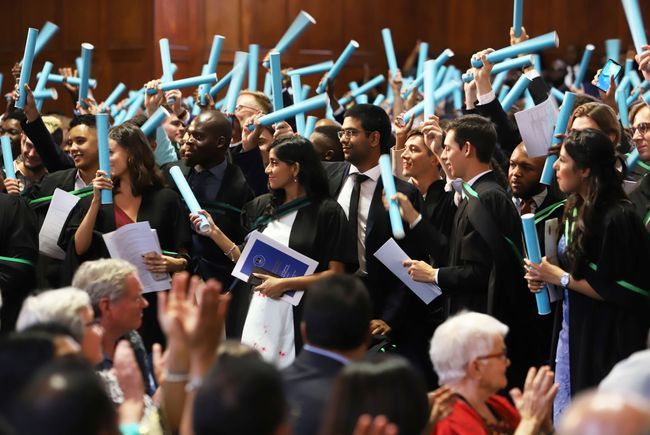
In September, over 30 members of the UCT community were honoured in the Mail & Guardian 200 Young South Africans list.
08 Jan 2021 - 9 min read Highlight from 2020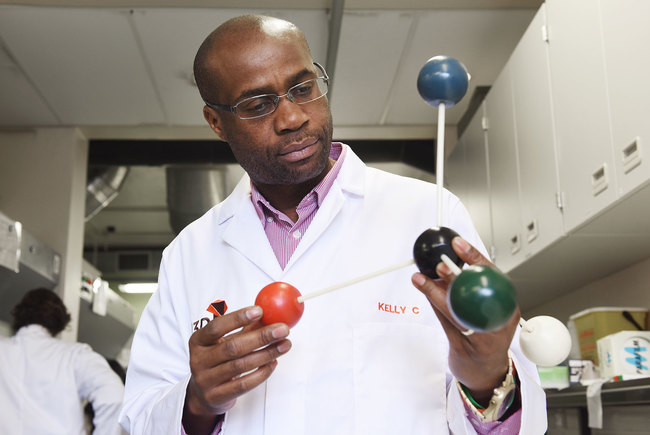
In April, UCT’s Professor Kelly Chibale was chosen as one of the world’s top 60 inspirational leaders in the pharmaceutical industry.
23 Dec 2020 - 7 min read Highlight from 2020
In April 2020, women took four of the five top spots in the final-year civil engineering class, a salute to excellence and a spur to equality.
22 Dec 2020 - >10 min read Highlight from 2020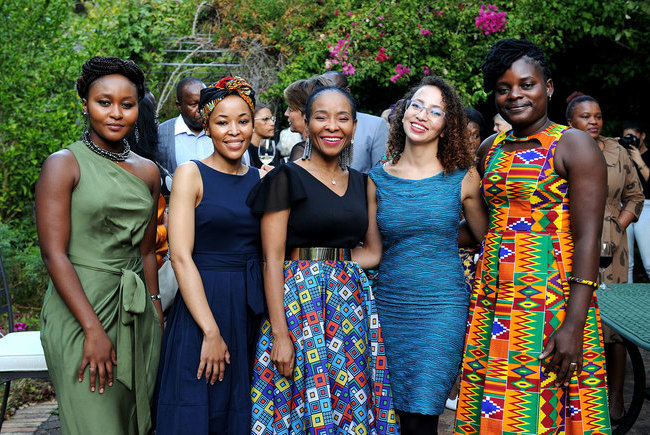
The Mamokgethi Phakeng Scholarship was launched in 2020 to support young black women in STEM fields of study at UCT.
21 Dec 2020 - 9 min read Highlight from 2020






